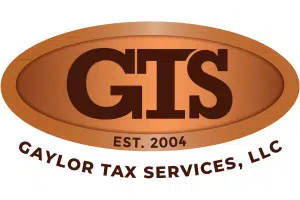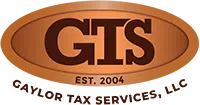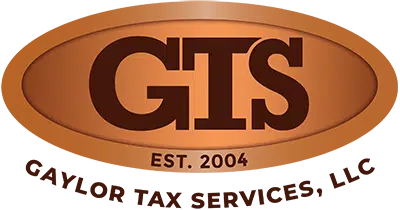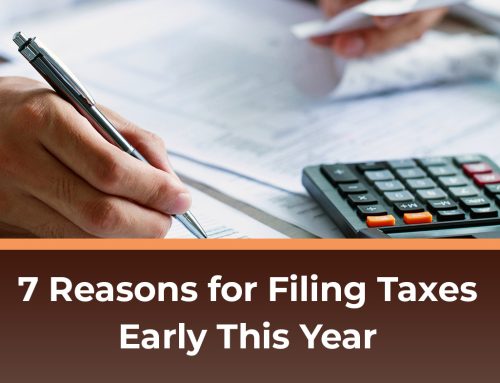Starting a small business or side hustle is certainly an exciting opportunity, but it also comes with its fair share of responsibilities, like managing taxes. Here’s what you need to know about the tax implications of becoming your own boss.
You’ll Need to Choose the Right Business Structure
When becoming a small business owner, you are responsible for paying taxes on your business income, just like you would on your personal income. The amount of tax you pay depends on your business structure, the amount of income you earn, and the deductions you claim.
The business structure you choose for your business is important, and it influences everything from taxes to day-to-day operations, including how much of your personal assets are at risk. While you can restructure later on, choosing the right entity type out of the gate will be the most beneficial. There are several entity types to choose from, including sole proprietorship, partnership, LLC, S-corporation, and C-corporation. Each structure has different tax implications, so it’s crucial to choose the one that works best for your business needs.
If you need help choosing the right entity type, a tax professional can educate and consult you on which entity type is best for you.
You’ll be Subject to Self-Employment Tax
Whether you’re starting a small business or side hustle, you need to be aware you’ll start paying self-employment tax. This can be different, especially if you’re used to receiving a paycheck from an employer.
Self-employment tax includes Social Security and Medicare contributions. When you’re self-employed, you’re responsible for paying both the employee and employer portions of your Social Security and Medicare tax. Self-employment tax is also imposed in addition to income tax, but you can deduct half of your self-employment tax as an adjustment to income.
Paying additional tax may seem burdensome and confusing, but it’s designed to act the same way as Social Security and Medicare taxes that would normally be withheld from wages of an employed individual.
Your Filing Requirements Will Change
Normally, individuals with taxable income under certain amounts aren’t required to file a tax return for the year. For example, the minimum income required for individuals to file a tax return is $12,950 if under the age of 65. Anything less than that amount and a tax return is not required.
However, if you are starting a business or side hustle and your net income is $400 or more, you are required to file a tax return. This is true even if the $400 is your only income and you are thus far below the normal filing threshold.
You’ll Need to Make Quarterly Estimated Payments
Usually, most taxpayers satisfy their tax payment requirements when their employer withholds state and federal taxes from each paycheck. But when you’re starting a small business or side hustle, taxes are 100% your own. Any individuals, sole proprietors, partners, and S-corporation shareholders are required to make estimated tax payments if they expect to owe $1000 or more when their return is filed, according to the IRS. Most self-employed taxpayers satisfy their tax payment requirements by making estimated payments quarterly online or via mail.
Keep in mind, if you fail to make your required payments, you may be subjected to an underpayment penalty.
There Will be More Deductions to Claim
A positive you gain from starting a small business or side hustle is the ability to deduct business expenses from your taxable income. To claim a deduction for a business expense, you must be able to prove the expense was incurred for business purposes. For example, if you work from home, you can deduct a portion of your home office expenses (utilities, internet costs) based on the percentage of your home that is used for business purposes.
This isn’t something you want to get wrong though, as claiming deductions wrong can result in penalties. A tax professional can help you claim the right deductions and maybe even make you aware of ones you qualify for that you weren’t aware of.
Filing Your Taxes as a Small Business Owner or Side Hustler

If you’re looking for a tax expert to help you with your small business or side hustle taxes, Gaylor Tax Services is here to help.
Filing your taxes as a small business owner or side hustler can be complex, especially if you have multiple sources of income or claim a lot of deductions. However, working with a tax professional can make the process a lot smoother. These tax experts can help you navigate the complex tax laws and regulations and ensure that you’re taking advantage of all available deductions. Not to mention they can help you make payments quarterly and ensure your tax return has no mistakes.
If you’re looking for a tax expert to help you with your small business or side hustle taxes, Gaylor Tax Services is here to help. We can help with entity selection and restructuring, tax planning, and tax preparation. Our experts are here to answer your questions year-round, so do not hesitate to contact us. We are located in Phoenix, Arizona but can assist you anywhere in the state.





